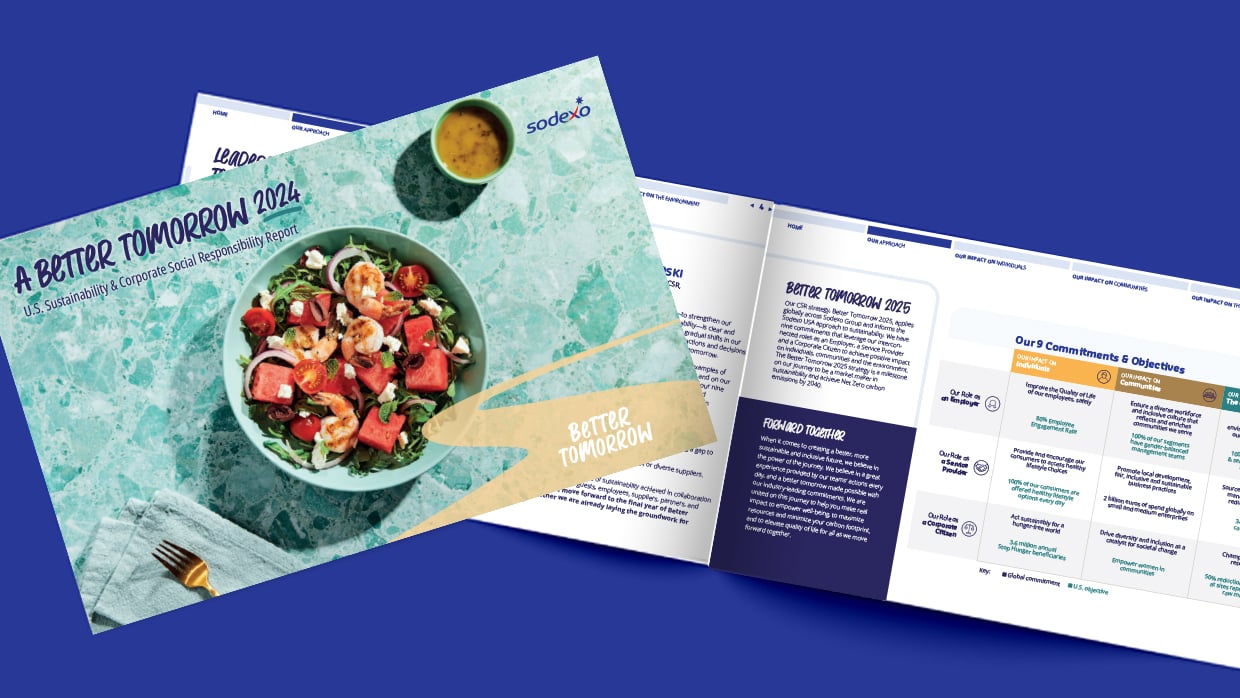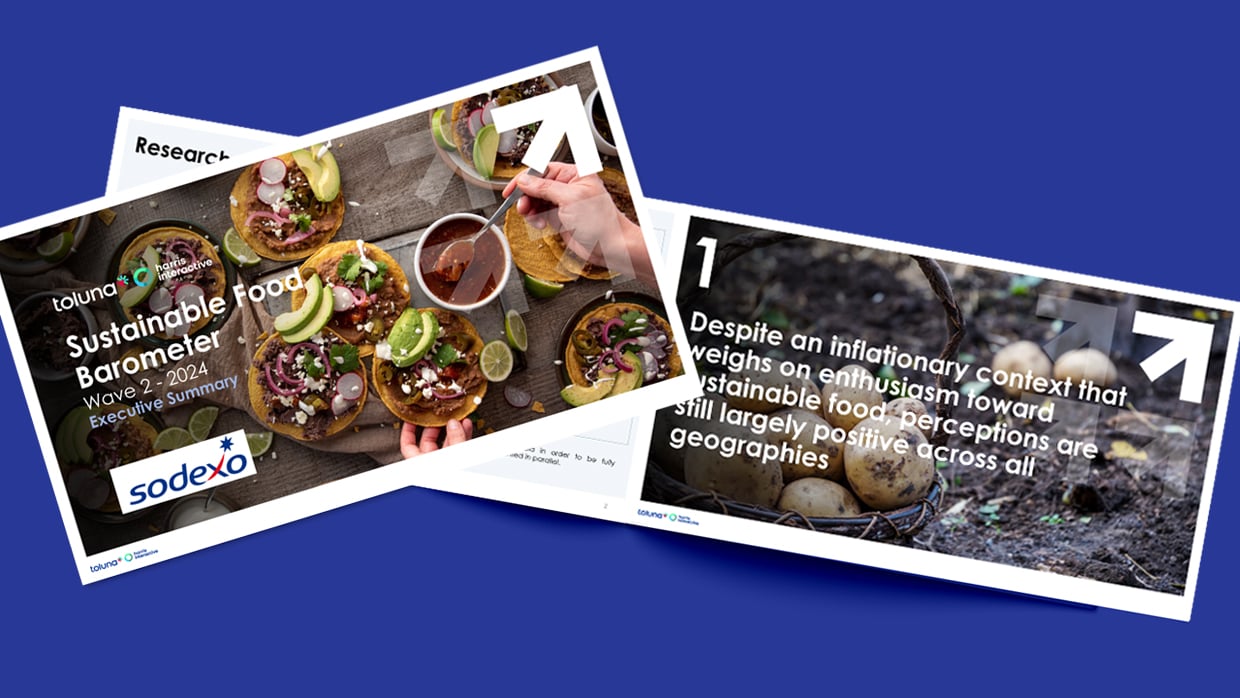
Inspired Thinking
Read the latest about Business & Industry

Business and Industries
Innovate with Sodexo Business and Industry

Business and Industries
Feeding Your Employees’ Need For Engagement

Business and Industries
A Seat for Everyone at Sodexo’s Community Table

Business and Industries
Innovative Coffee Solution for a Modern Modular Workplace Experience

Business and Industries
The Financial Impacts of Student Retention on College Campuses
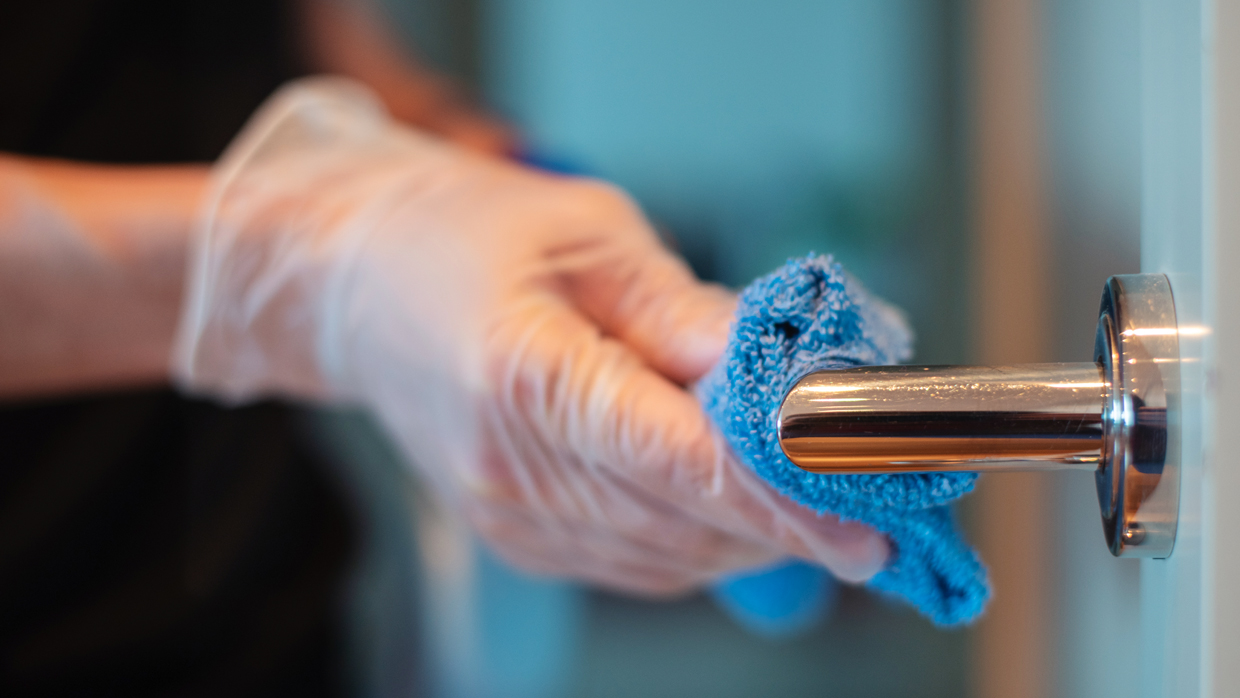
Business and Industries
Sodexo's Expertise and Sensor Technology Reduce FM Burden

Business and Industries
Gen Z's Ideal Workplace
Read the latest about Energy & Resources

Energy and Resources
Offshore Industry Evolution: Embracing Digital Transformation

Energy and Resources
How to Bring Gen Z Talent on Board the Energy Industry

Energy and Resources
Keeping a Refinery Turnaround on Track in Pascagoula
Read the latest about Healthcare Services
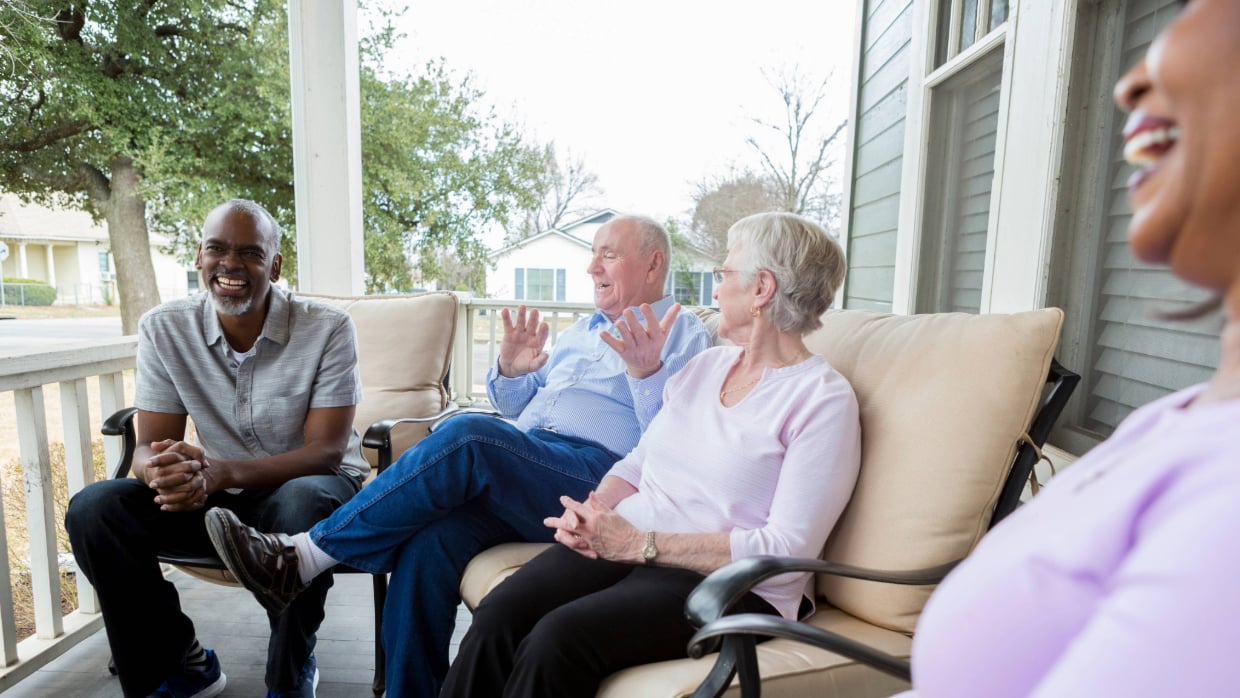
Healthcare
The Vibrant Mind: Diet, Lifestyle and the New Science of Brain Health
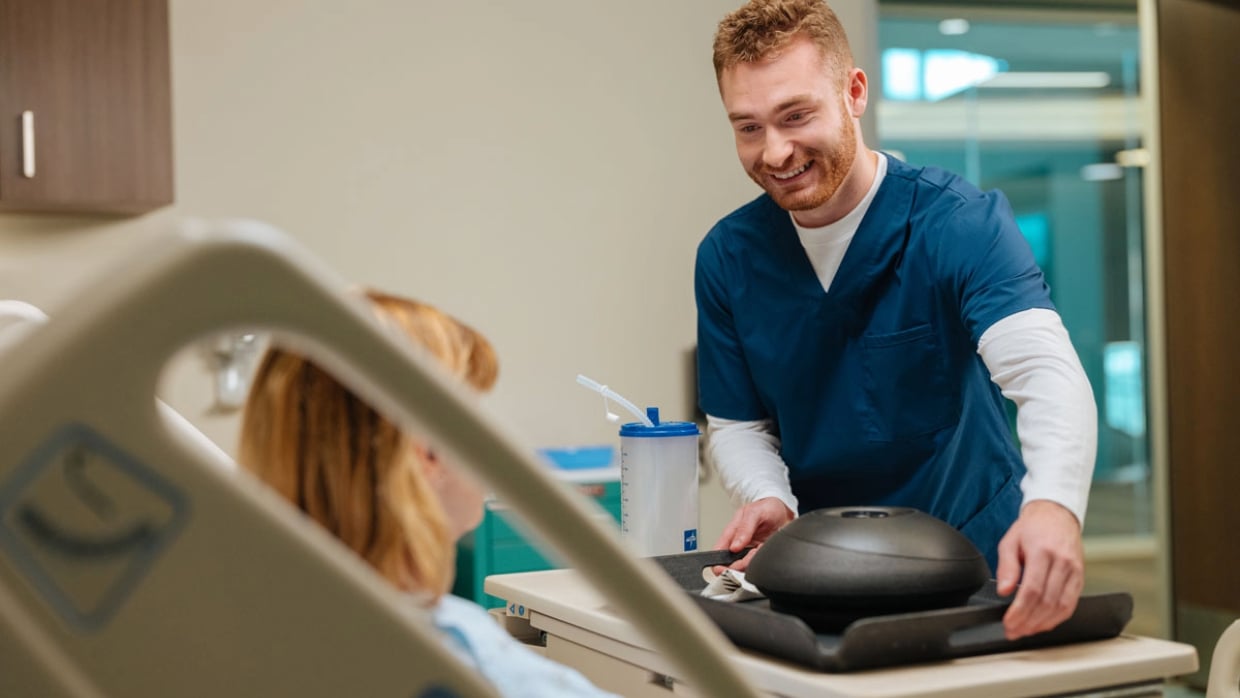
Healthcare
Serving Up Satisfaction: How Food and Nutrition Shape the Patient Experience
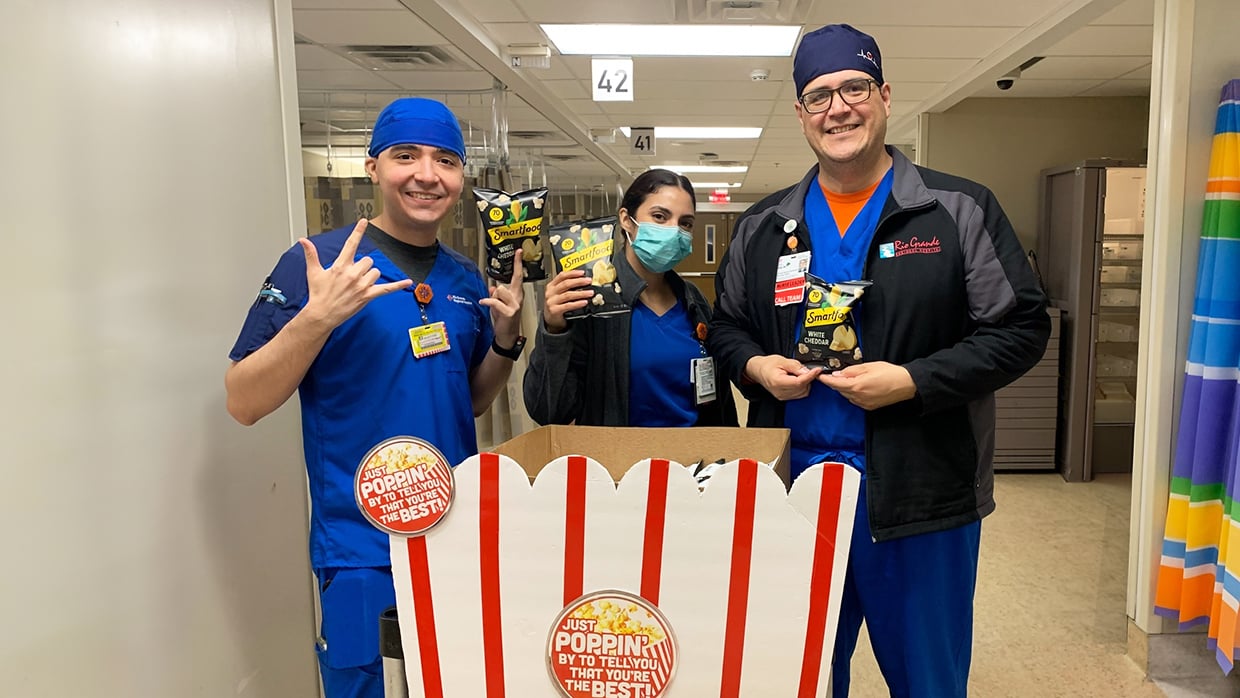
Healthcare
Supporting Caregivers: Building a Culture of Appreciation at HCA Healthcare
Read the latest about Higher Education

Campus
Elevated Adventures in Campus Cuisine

Campus
Designing a Campus for Student Engagement

Campus
From Guidance to Belonging: First-Gen Student Perspectives and Finding Community in College
Read the latest about K-12 Schools

Schools
A Sense of Belonging Benefits Students’ Well-Being
Schools
Student-Driven Dining Experience Builds Community at Long Branch Schools

Schools
Simple Ingredient Swaps for Comfort Food Dishes
Read the latest about Senior Living Services
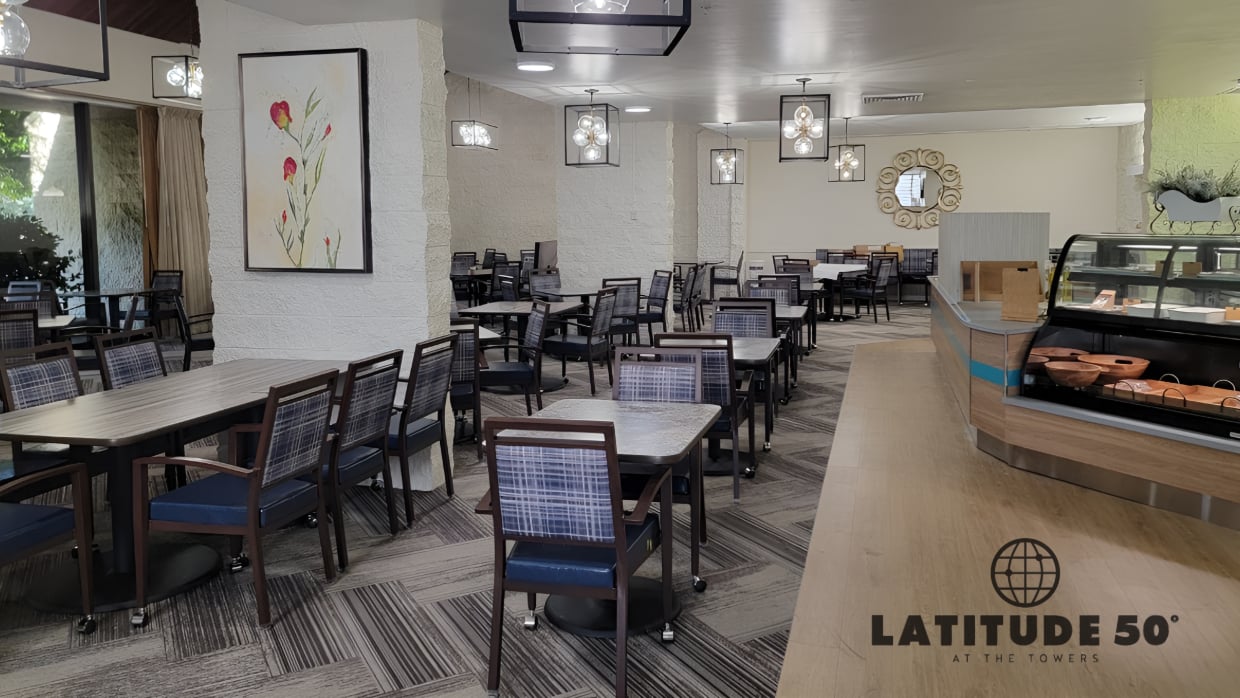
Seniors
Fresh Dining Options: Latitude 50° at The Towers
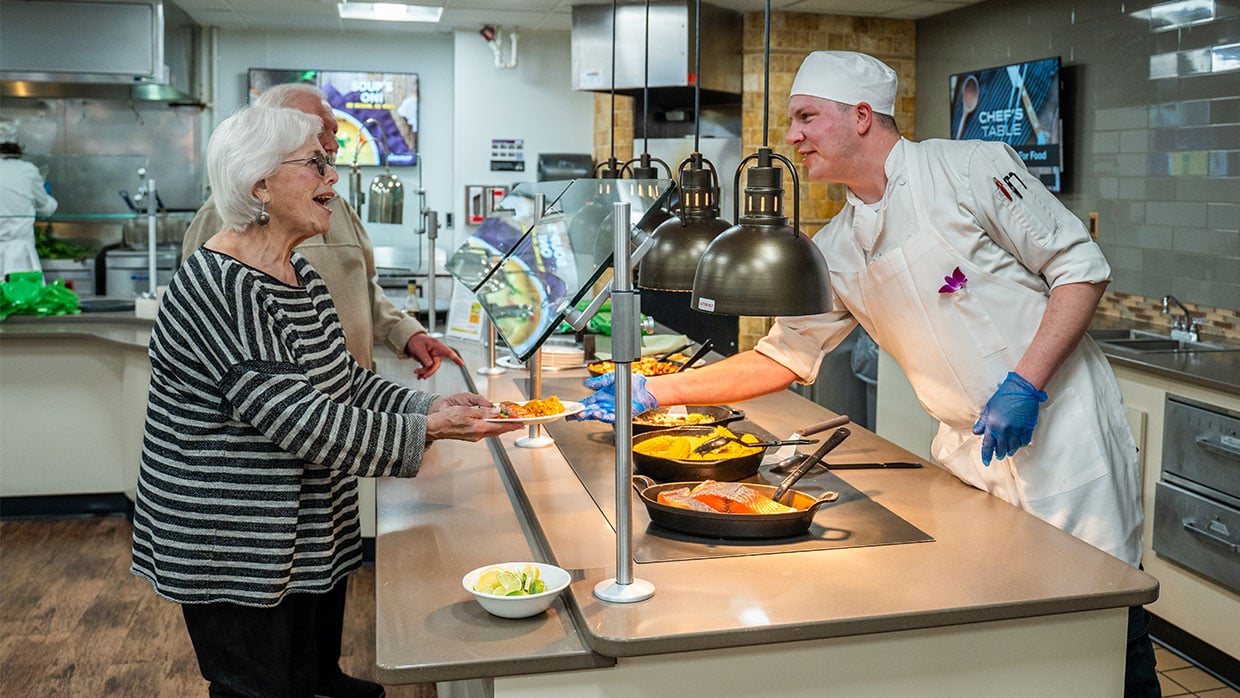
Food Services
Beyond the Plate: Transforming Senior Living Dining Services

Seniors
The Vibrant Mind: A Guide to Neuroprotective Nutrition
Read the latest about Corporate Responsibility

Corporate Responsibility
Rooted in Nature: A Sodexo Employee’s Journey to Sustainability
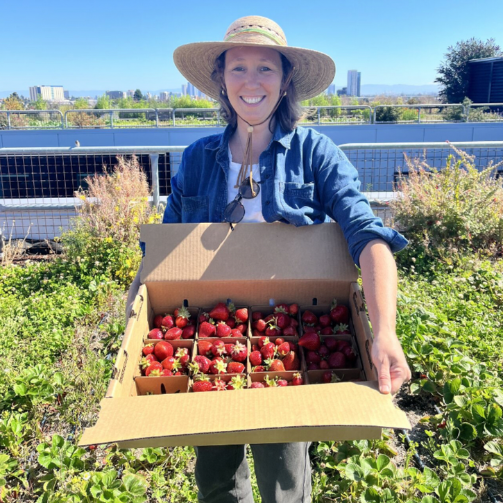
Corporate Responsibility
Empowering Change: An Employee’s Dedication to Sustainable Food Systems

Corporate Responsibility
Rebalancing Your Plate: 5 Simple Steps to Eating Sustainably
Read the latest about Life at Sodexo
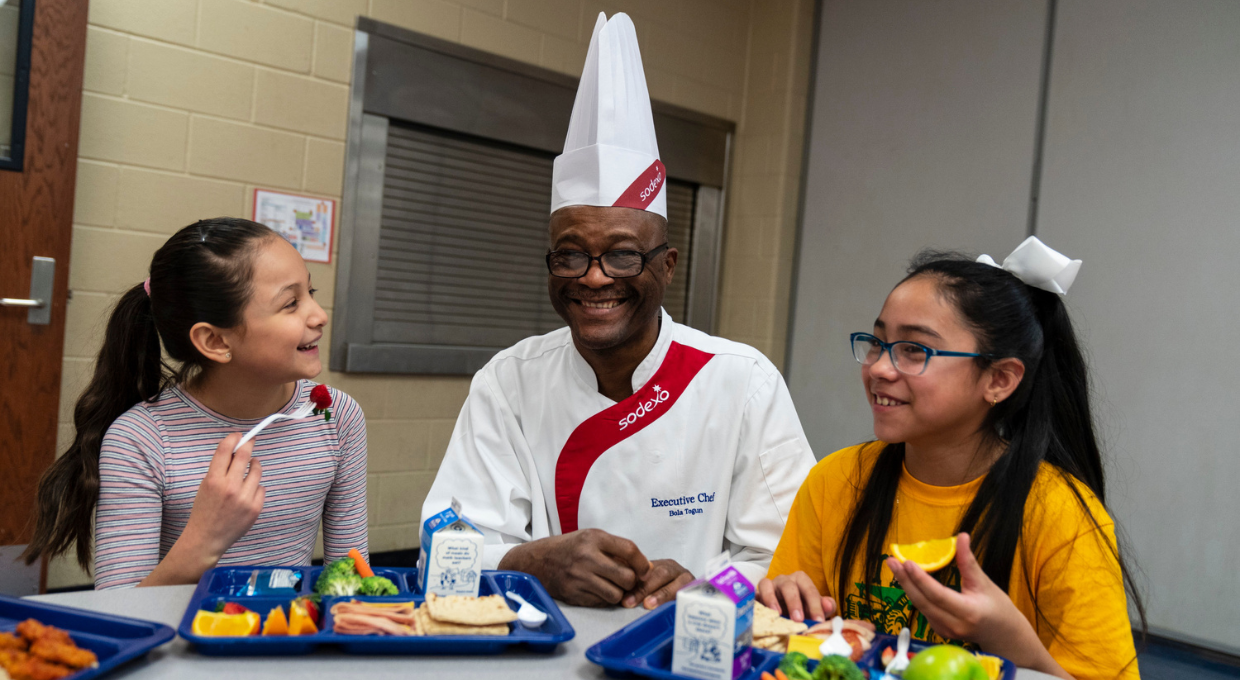
Sustainability
From Farm to Tray: A Career Rooted in Food, Education, and Impact
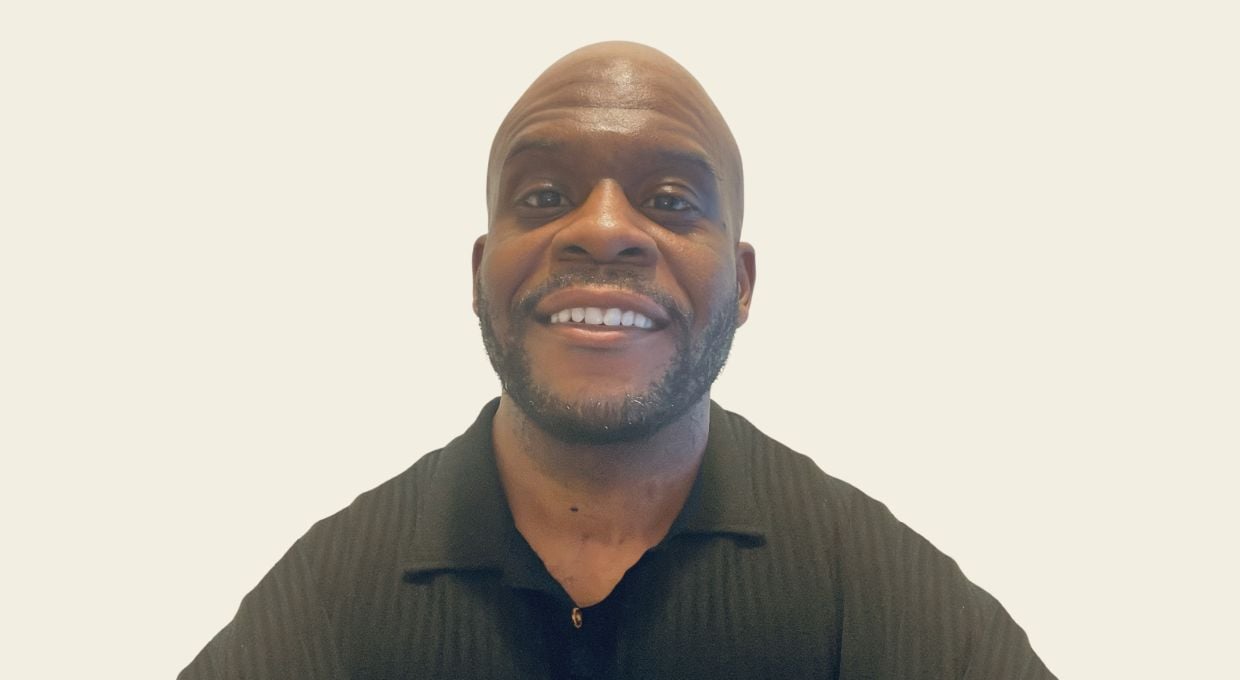
People
Turning Opportunity into Leadership: A Journey of Growth at Sodexo

Workplace Experience
Inside the World of Airport Lounges
Get Started with Sodexo
Get in touch with a Sodexo expert
Explore Our Services

